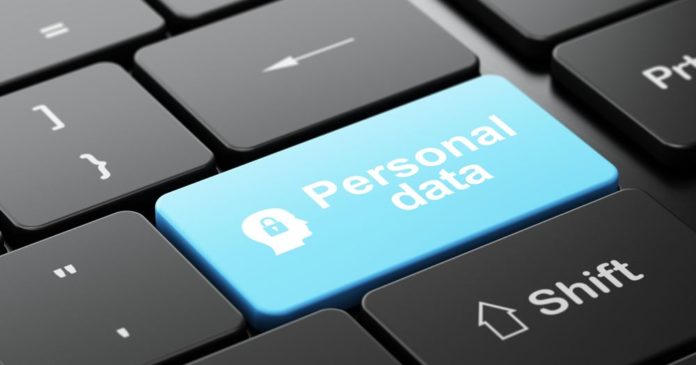
It is said that in our data-driven economy our data is the most valuable commodity. It is sought after by cybercriminals and legitimate businesses, both of which want to make money out of it. And no, we don’t like how it sounds and we’re putting in some small effort to, at least, make it harder for anyone to get our personal information and run with it. Cause they could use it against us…
1. Your ISP can track you and sell that data to third-parties
Your ISP knows a lot about you as it can tell exactly which websites you’ve visited and when. Also, it knows which movies you watch online, what kind of music you listen to, what online publications you read and more. And this is true whether you’re browsing in incognito mode or not.
An ISP can then sell that data to third parties, which will use it to serve you “personalized ads” that will prompt you to buy things you don’t necessarily need.
The tool to keep you protected against this is a good VPN, which will route all your traffic through its servers — while encrypting all data in the process.
2. Your credit card activity is also sold
Banks and credit card companies also sit on a lot of data as they know what you’re spending your money on.
Some banks will even sort out your expenses based on a number of criteria, such as gas, restaurants, groceries and so on. This spending pattern combined with hundreds of thousands (or millions) of customers is a highly sought for information by advertisers.
For instance, they may want to target people spending more than $500 per month on dining out. That’s where banks and credit card companies kick in to provide them with such a list.
I’m not sure what you can do with this, except perhaps have multiple credit cards issued by different banks and credit card companies, but even that may not help. You can always rely exclusively on cash, but that could be a hassle.
3. Your GPS location is used for ads
It is well-known that folks living in major coastal areas of the United States spend more than those living in the middle of the country. And so those folks get to see more ads as advertisers think/conclude they have more disposable income.
These days, it is easier for advertisers to know where you live as we all have our GPS-enabled phones with ourselves at all times. This information is then picked up by Google, Facebook and other parties that can then sell that data to interested parties. Or serve us so-called location-based ads. After all, you wouldn’t care about a recommendation for a restaurant that is a thousand miles away; the one in your city may have a compelling offer you do want to check out.
4. Your apps are collecting a ton of data
You may want to spend a minute to read permissions every app asks of you on both the iPhone and Android devices. Some of these, not just Google and Facebook, go well beyond asking for data they need to perform their main function.
App developers want to get as much data as possible so they could later on sell that information to anyone willing to pay for it. And the more users they have, the more money they could make. Because that data is then processed by powerful software that can analyze it and come to conclusions about what kind of a customer you are and perhaps what you’re willing to buy.
Beyond reading app permissions, you could also slow down on app installs in the first place. Think twice before tapping that “Install” button.
5. Your emails are scanned to serve related ads
When you’re accessing web email, the email service provider knows what kind of news you receive and what you’re reading and writing about every day. They are not necessarily reading your words, but their savvy algorithms can understand the meaning and present you with related ads in the sidebar. That’s how Google’s Gmail works but it’s not the only one doing it.
If you’re accessing Gmail from the web, you can hardly stop this, except perhaps with some ad blocker. Alternatively, you can manage your email with a dedicated desktop or mobile app to avoid seeing any ads. That doesn’t mean your email won’t be scanned by the software, but you will not see the “results” (read: ads) of that process.
The bottom line
Big Brother is watching every step we make on the Internet but we can do something about it. For starters, we could use a VPN to make it harder for the likes and Google and Facebook to follow us around the Internet. We could also go easy on app permissions and try to install as few apps as possible.
At the end of the day, it is your/our privacy we’re talking about here. And some effort is needed to keep it protected. Or, at least, that’s the way we see it.
